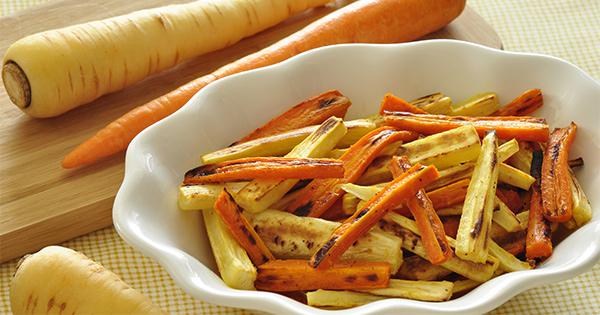



Parsnips have been cultivated for their sweet roots since ancient times. The Romans frequently grew vegetables. In fact, Emperor Tiberius adored parsnips and, every year, had them brought from France where the colder climate allowed the roots to develop a sweeter flavour. The British are particularly fond of this vegetable. It was British colonists that introduced the vegetable into the New World in 1609.
This vegetable is native to Europe, but they have been introduced throughout the world, and because they are so hardy, they now grow wild having escaped from cultivated gardens in many areas. Parsnips are such aggressive naturalizers that it was noted in 1848 that, “The Parsnip is a native of Europe. Having been introduced here, it has strayed from the gardens and become naturalized. There are three varieties, only one of which is grown at Philadelphia, it is termed the ‘Sugar Parsnip,’ and is the same known abroad as the ‘Lisbonaise.’
It require a long growing season, but the distinctive sweet flavour of the root will only develop after a hard frost. It has become a favourite of cold-climate gardeners. Because it is one of the hardiest vegetables, it can overwinter easily with careful mulching.
As of June 2020:
Parsnips, like onions, are also grown in almost all of the states strewn across Australia. Nevertheless, the majority of production occurs in Victoria. Moreover, some of the major production areas include the Perth region, the North-West region in Tasmania and the Melbourne region.